How Is Asphalt Recycled?
Asphalt is a very sustainable product used for driveways and parking lots. According to the National Asphalt Pavement Association in America, asphalt has a long lifespan and can be recycled and used repeatedly. The asphalt mixture incorporates waste materials like tire rubber, glass, foundry sand, slag, and even swine waste, saving countless acres of dumping ground. The great news is that Recycled Asphalt Pavements (RAP) are sometimes even higher grade and are reported to resemble the standard of the ones constructed from raw materials. The following article discusses the recycling process of asphalt and asphalt sealcoating.
What Happens When Asphalt is Recycled?
Asphalt reprocessing begins with milling. Asphalt milling is a repaving and recycling technique of pulling the top coat of asphalt from a roadway, parking lot, or driveway without affecting the sub-base. After being milled, the asphalt is transported to an asphalt plant for the following recycling process:
- An asphalt reclaimer combines asphalt milling with some additives and water.
- Prior to use, the hot combination of asphalt undergoes a 20-minute heating and tumbling process. At the same time, cold recycling conserves energy by avoiding the use of heat.
- Asphalt cement, the substance that keeps the walkway together, frequently maintains its adhesive properties and is utilized again as the binding substance.
- The tiny mineral particles created during the production of asphalt sidewalk material can be reused to aid in resource conservation.
How to Maintain Asphalt
Maintaining your asphalt driveway or parking lot can ensure it’s in great condition to be recycled at some point. You should have it cleaned at least every month. If you don’t, waste and debris can cause damage, including stains. Stains may be left behind by materials such as leaves, oil, and fuel spills. In addition, if the asphalt is not cleaned frequently, oil and fuel can deteriorate the surface.
Another great process you should hire a team for regularly is asphalt sealcoating. This is the process of covering the asphalt with a tough, water-resistant layer to shield the asphalt pavement from ultraviolet radiation, fuel, and moisture. This process is beneficial because it slows down the asphalt’s degradation.
Want to learn more about recycling asphalt, asphalt sealcoating, or are you in need of any kind of asphalt service? Call Fuller & Sons Blacktop Paving today, and you will not be disappointed by our services.

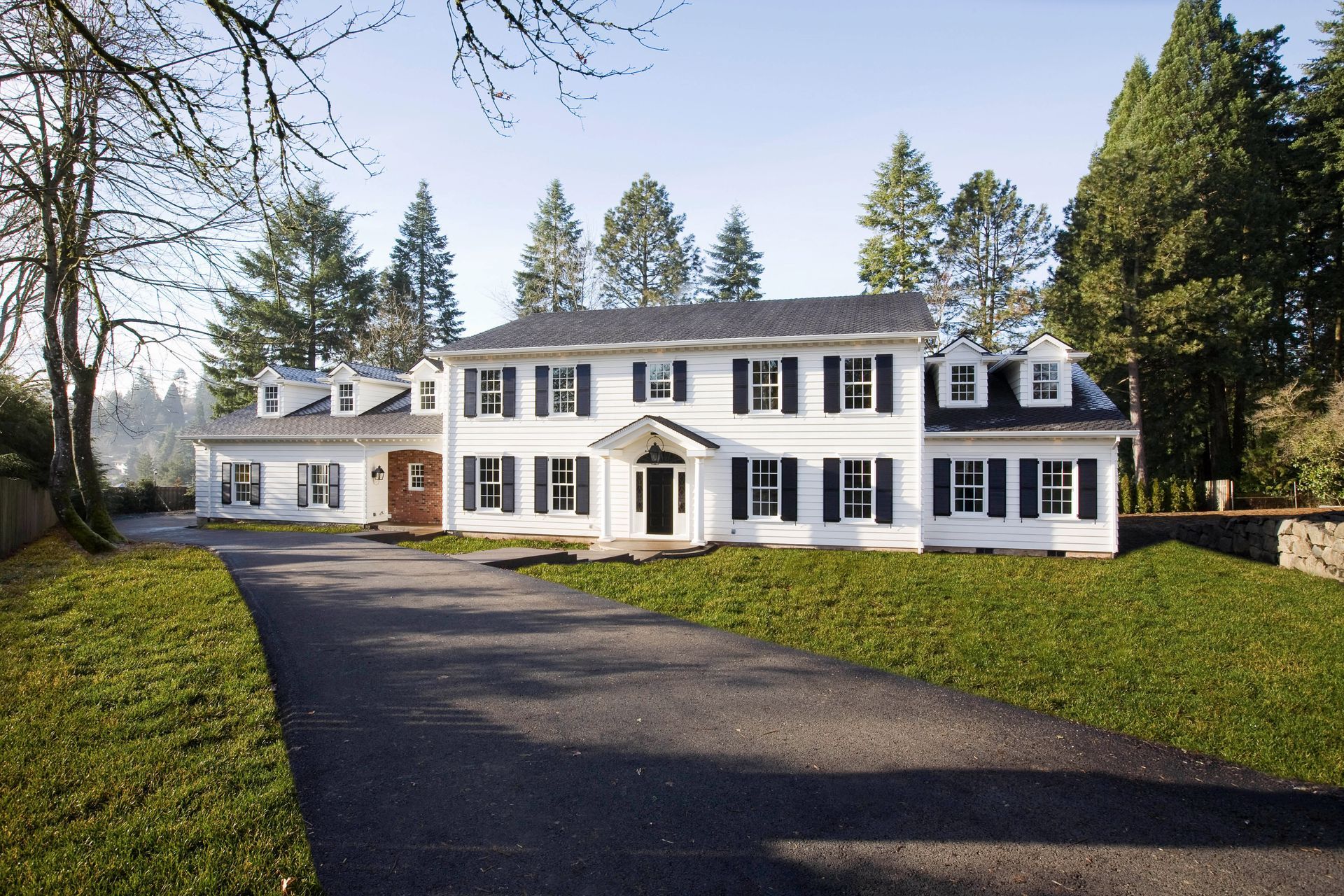
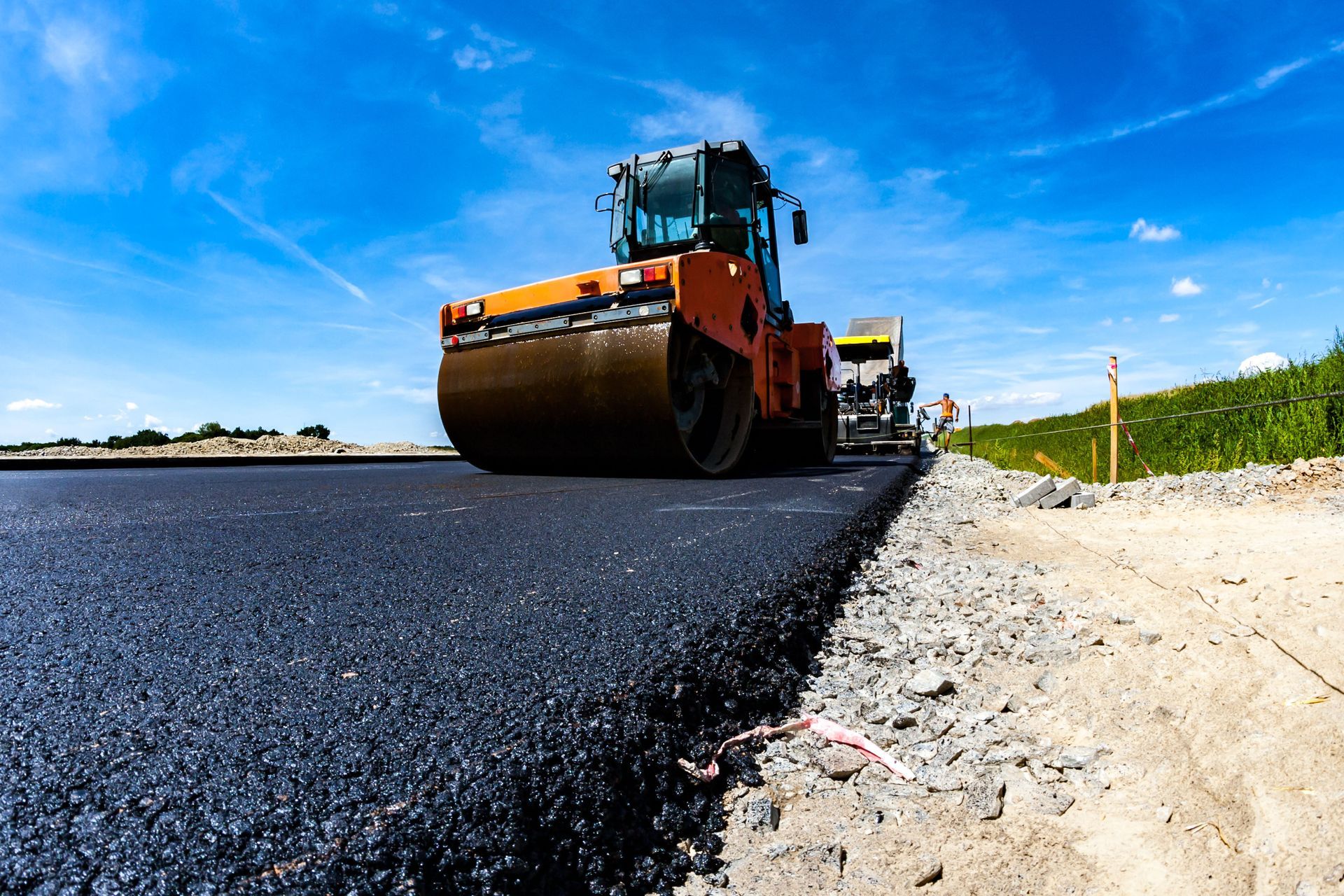

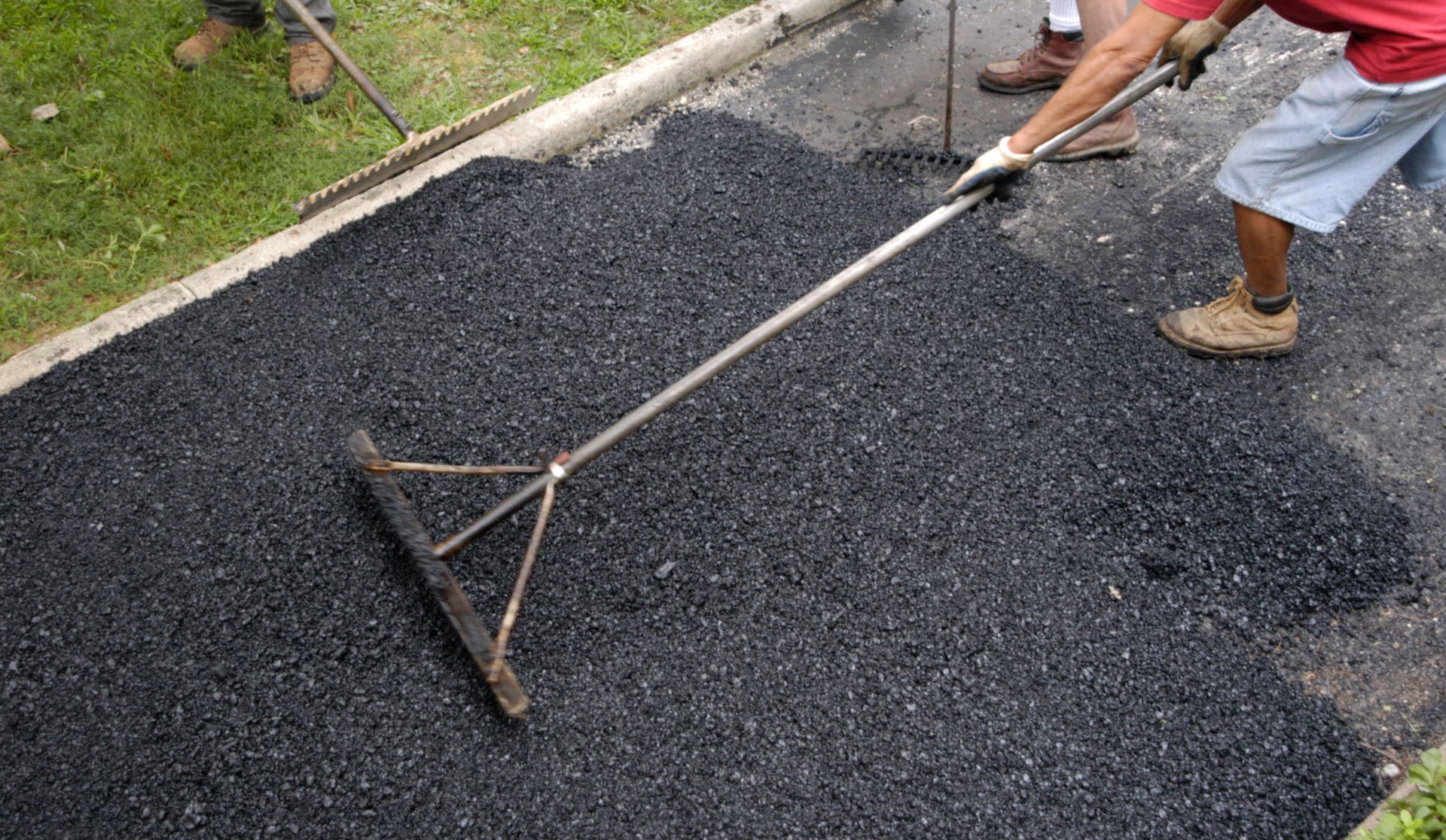
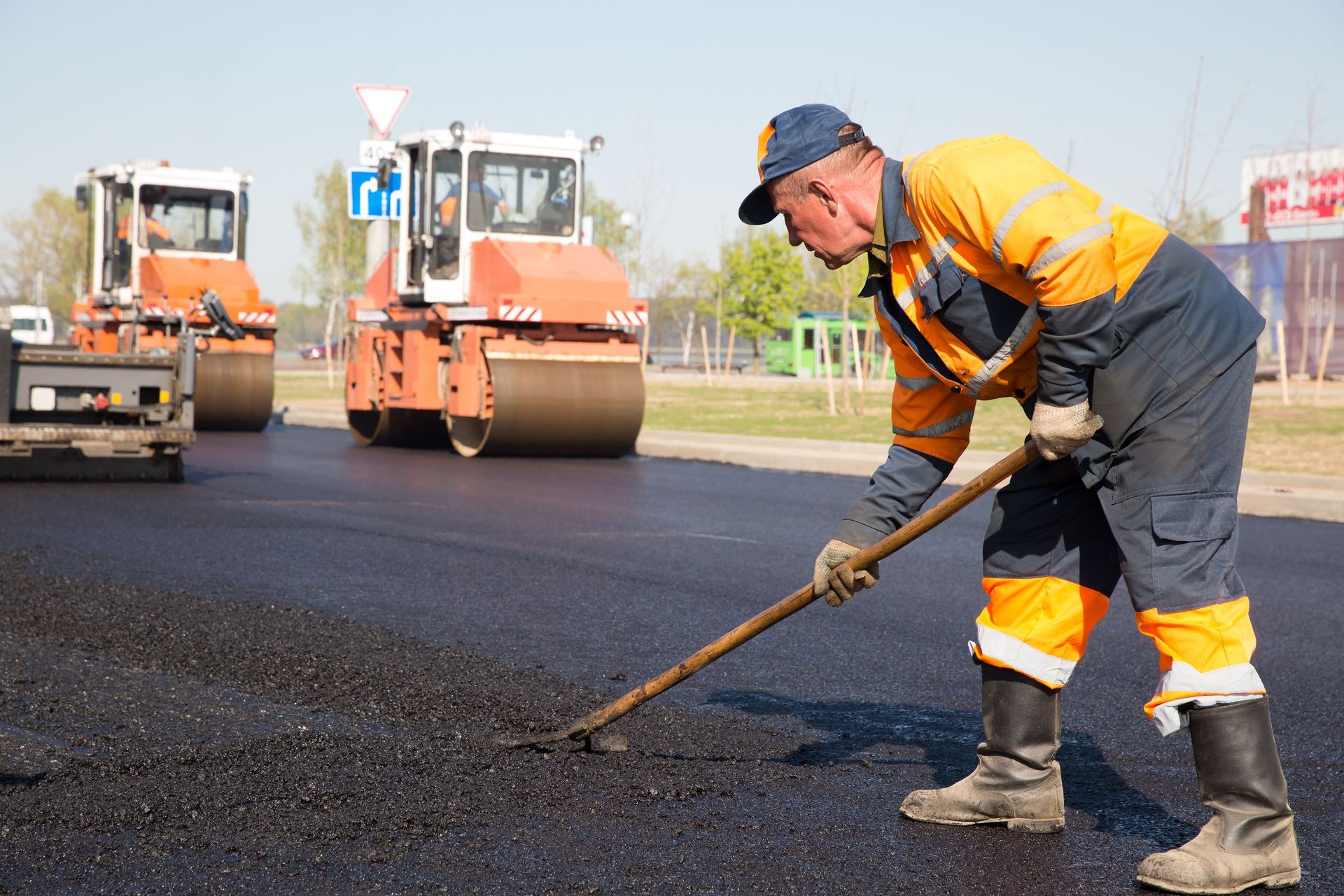
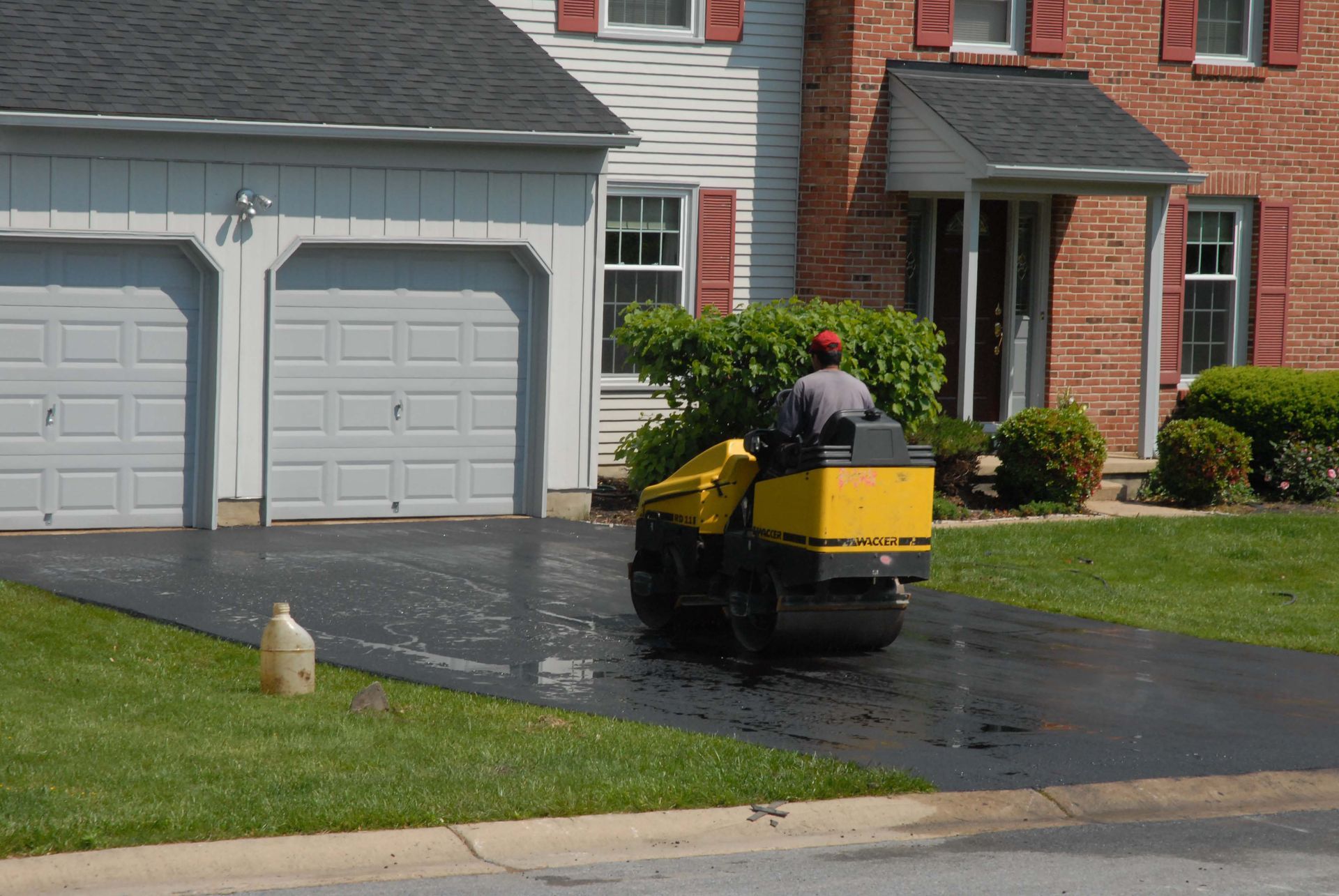
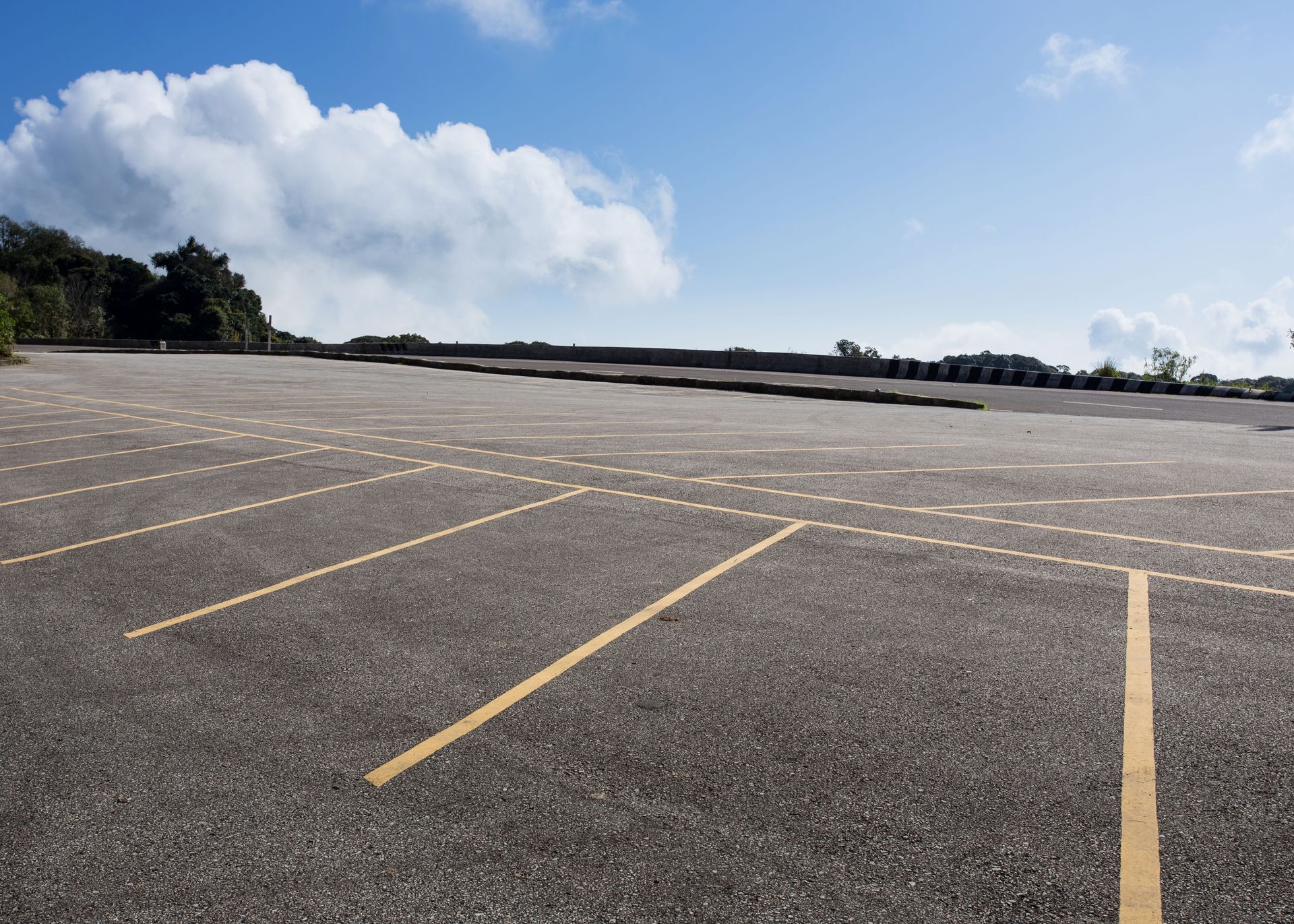
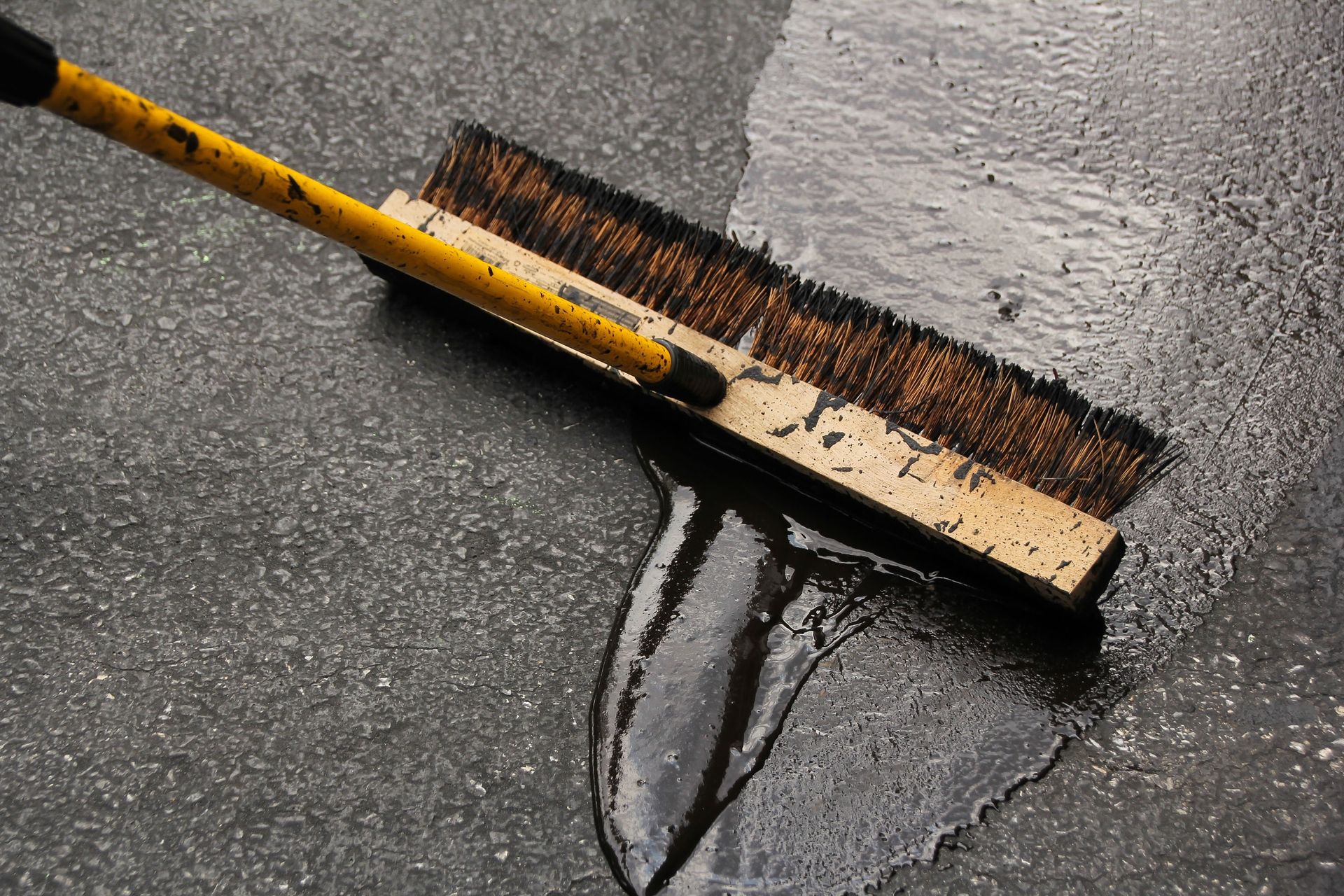
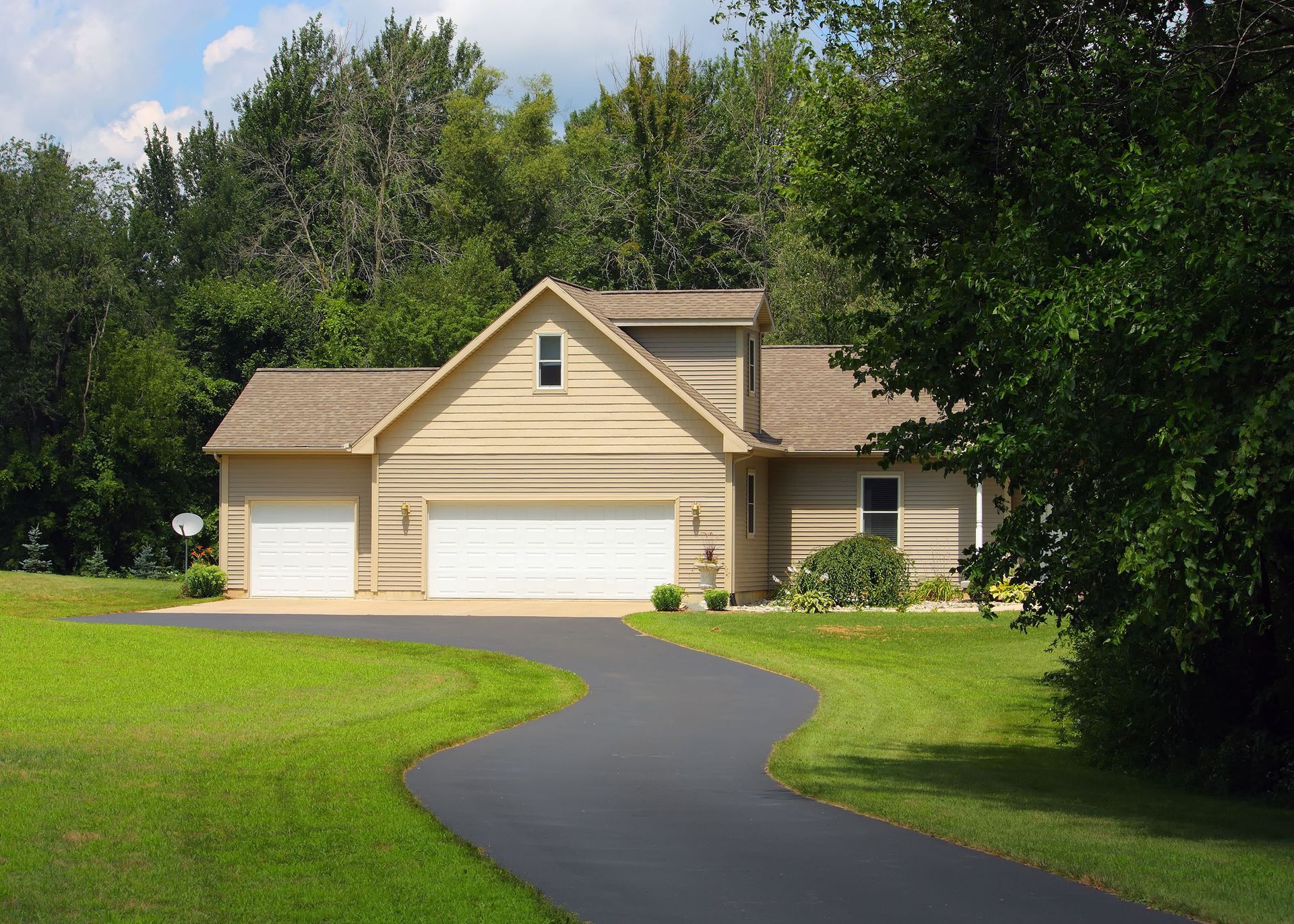
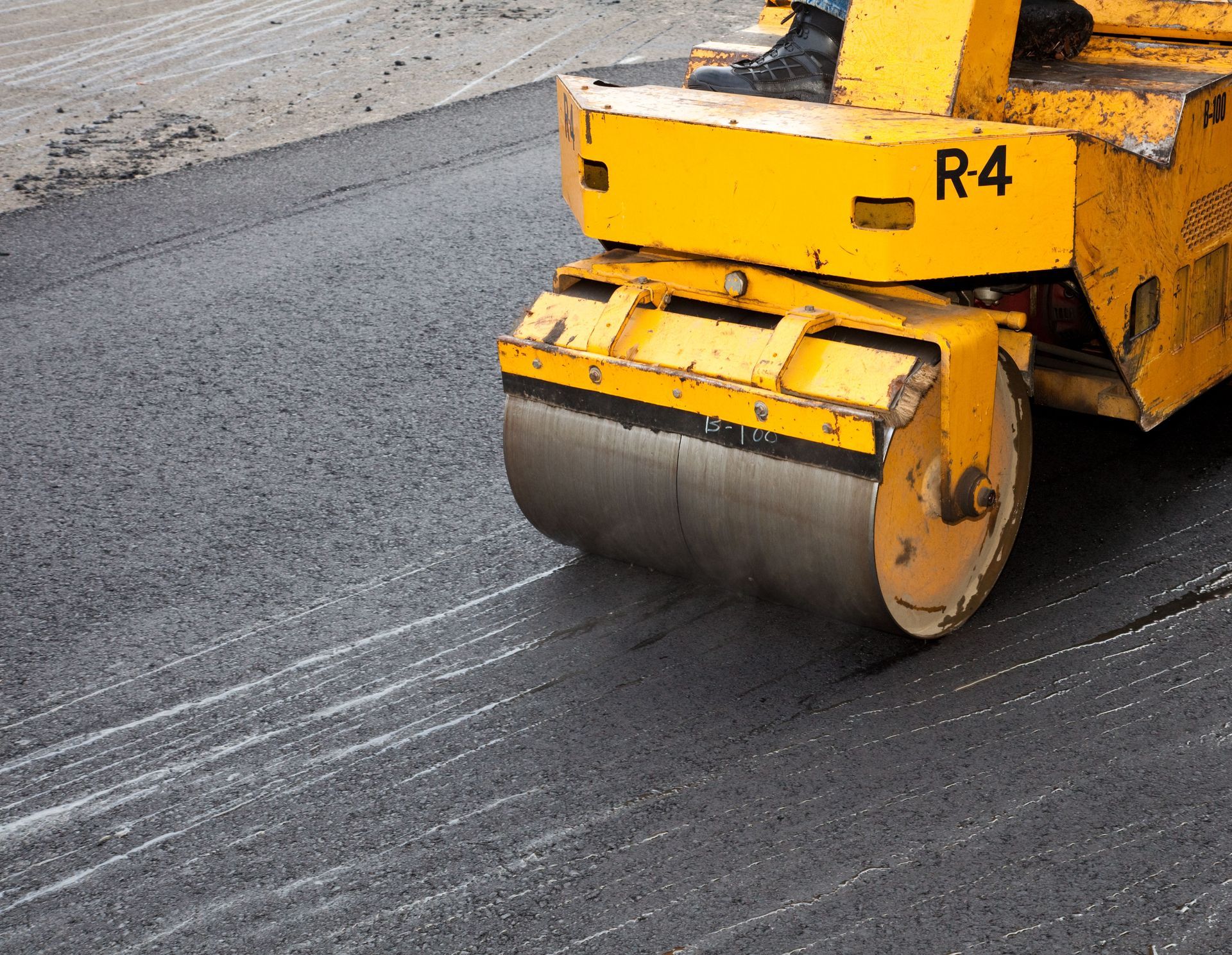
Share On: